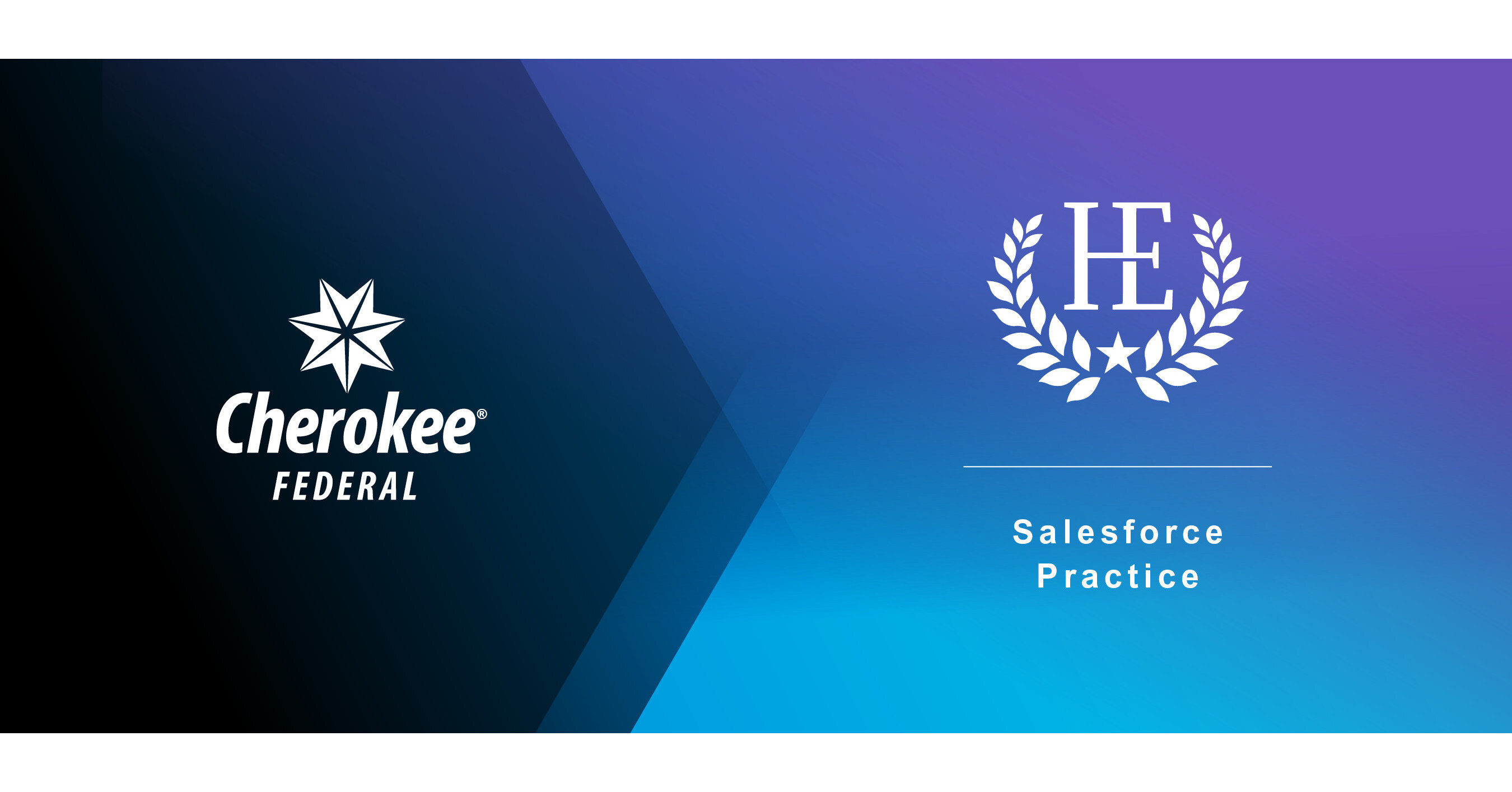90% of Americans say end-of-life conversations are important, yet only 27% have had them – television storytelling emerges as a breakthrough solution to bridge the gap.
SAN FRANCISCO, Oct. 7, 2025 /PRNewswire/ — Television storylines featuring authentic end-of-life experiences significantly increase viewers’ willingness to initiate conversations about mortality, according to new research released today from End Well. The comprehensive study, conducted in partnership with USC’s Norman Lear Center Media Impact Project, reveals that viewers exposed to realistic portrayals of death and dying were dramatically more likely to take concrete actions – from drafting advance directives to discussing care preferences with loved ones.
“We knew that while 90% of Americans say talking about end-of-life care is important, only 27% have actually had these conversations,” said Dr. Shoshana Ungerleider, founder and board president of End Well. “Research also shows that ongoing dialogue – not just documentation – leads to care that truly reflects someone’s values. Our new research demonstrates that thoughtfully crafted television content can make a huge difference in people’s willingness to talk about their wishes and begin planning for the end of life.”
Key Research Findings: Viewers who watched end-of-life storylines from A Million Little Things and The Gentle Art of Swedish Death Cleaning were significantly more likely to:
- Initiate conversations about end-of-life topics.
- Seek additional information about care options and advance planning.
- Share locations of important legal and financial documents.
- Draft or update advance directives and legal documents.
- Help aging parents with decluttering and legacy planning.
- Discuss specific care preferences and medical decisions.
“When people see death and dying portrayed with honesty, humor, and compassion, it gives them permission to begin the conversations that matter most,” said Tracy Wheeler, executive director of End Well. “Television isn’t just entertainment – it’s a rehearsal space for real life.”
The research identified three key elements that make end-of-life storytelling effective:
- Real Life Reflected: Authentic portrayals showing supportive communities helped viewers envision how to offer or receive care with compassion and dignity.
- Humor Included: Strategic use of humor made difficult topics more accessible and relatable.
- Grounded in Expertise: Collaboration with medical and psychological professionals ensured both accuracy and authentic emotional responses during life’s most vulnerable moments.
“Before grief leveled my world, I was funny. Laughing is my favorite,” said J.J. Duncan, producer of The Gentle Art of Swedish Death Cleaning. “If we could bring levity to this dark topic that was so very taboo in people’s minds, then we could help others with handrails as they walked their own paths of grief.”
As the legal and ethical landscape around end-of-life care continues to evolve, the findings suggest that entertainment industry partnerships could significantly advance public health goals around advance care planning and mortality literacy.
About the Research
The study examined viewer responses to end-of-life storylines from two popular shows: A Million Little Things‘ series finale featuring Gary’s terminal diagnosis and desire to die with dignity, and The Gentle Art of Swedish Death Cleaning‘s episode about Shana preparing for death after a stage 4 lung cancer diagnosis. Participants were randomly assigned to view either the end-of-life storylines or control clips from the same shows without mortality themes.
“Storytelling has the power to transform how we die,” said Dr. Shoshana Ungerleider, founder and board president of End Well. “Through honest, nuanced portrayals of end-of-life experiences, popular culture can help build the emotional and practical literacy we need to care for ourselves and each other in our final chapters.”
The full report, “Changing the Channel on Death: How Television Can Lead the End-of-Life Revolution,” authored by Shoshana Ungerleider, MD, Tracy Wheeler, and End Well, is available at https://endwellproject.org/research/.
About End Well
End Well is a nonprofit on a mission to transform how people think about, talk about, and plan for the end of life. Founded by Dr. Shoshana Ungerleider, End Well believes everyone deserves an experience aligned with their values—and that a meaningful ending is the ultimate measure of a well-lived life. Learn more at https://endwellproject.org/.
The research was made possible through funding from The David and Lura Lovell Foundation, the Steven & Alexandra Cohen Foundation, the Y.C. Ho/Helen and Michael Chiang Foundation, and the George Family Foundation.
SOURCE End Well





